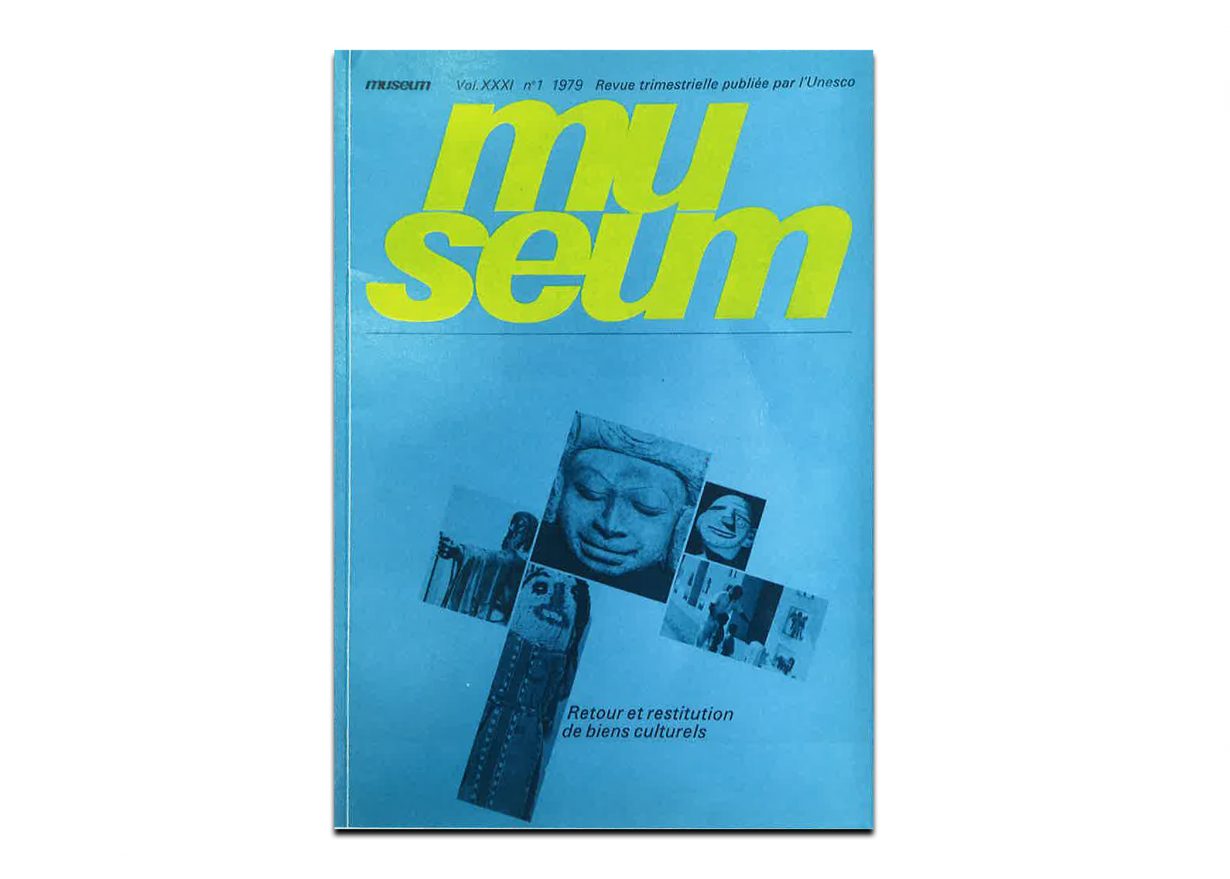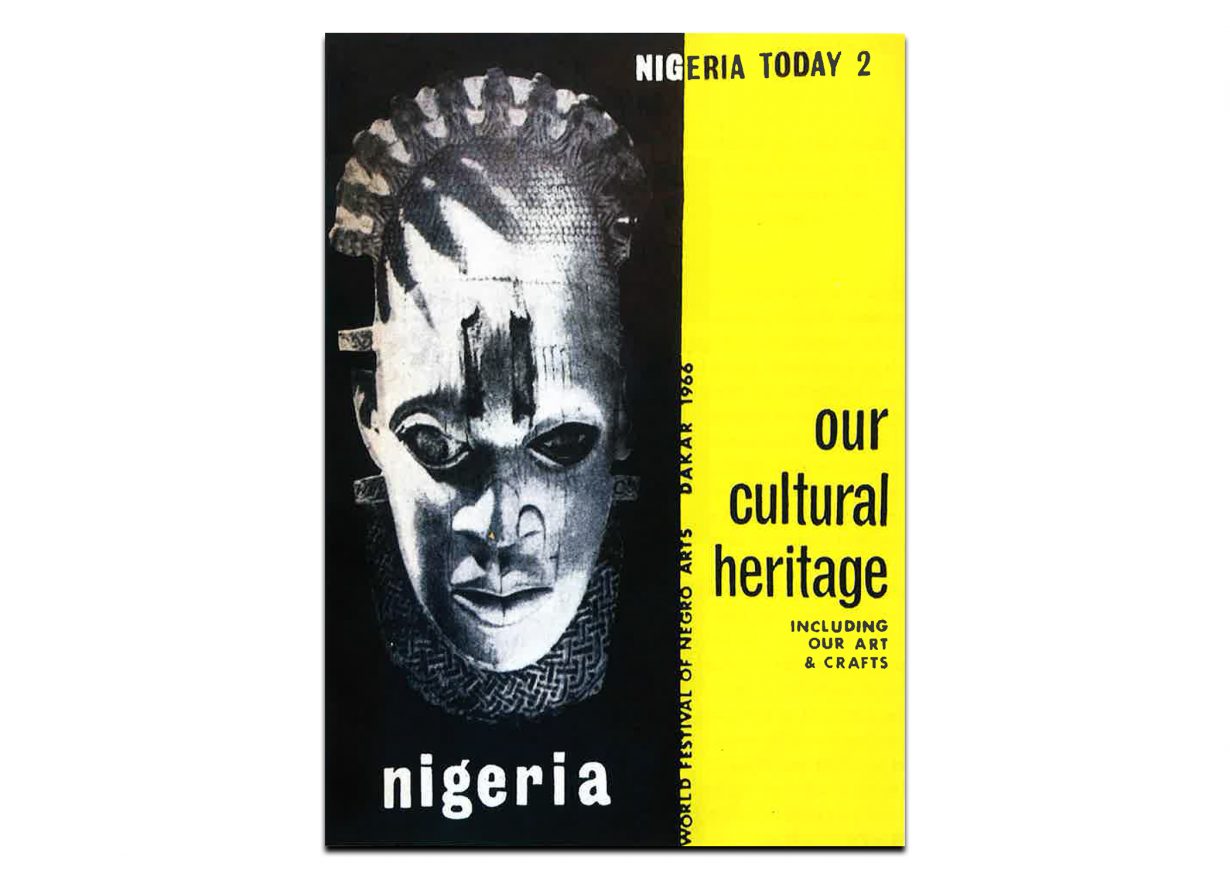
A history of paternalism, postcolonial defensiveness and straightforward (but nevertheless coded) bigotry
‘Nearly every conversation today about the restitution of cultural property to Africa already happened forty years ago,’ declares art historian Bénédicte Savoy, in her conclusion to Africa’s Struggle for Its Art. As a result of that, you might think that there’s no reason to read this book, but it’s an incisive and eye-opening history of the first restitution debates that developed from the mid-1960s through to the mid-80s. Drawing on the research that Savoy and Senegalese academic Felwine Sarr conducted for their influential 2018 report, The Restitution of African Cultural Heritage: Toward a New Relational Ethics, this book tells the story of the decades during which African countries first tried to establish their claim on objects taken from the continent during the colonial era. Many of those objects ended up in the museums of the colonisers – principally Britain, France, Germany and Belgium – whose officials conspired to frustrate, delay and close down the debate on restitution.
Savoy sets out the unedifying mix of paternalism, postcolonial defensiveness and straightforward (but nevertheless coded) bigotry that motored this, but which was outwardly clothed in high-minded concerns for ‘universalism’, the defence of scholarship and the care of objects for posterity. Diving deep into the archives of museum and government correspondence – especially those of the then-West German Federal Republic – she reveals the biases of an older generation of museum and cultural officials (one or two of them, in West Germany, former card-carrying Nazis) who were alarmed at the growing clamour for restitution and the platform provided by the international institutions of the UN and its cultural arm, UNESCO.
Savoy frames her account in terms of collective amnesia, in which ‘the restitution debate of the 1970s and 80s disappeared from collective memory’, its revival in recent years a ‘return to the historical stage of something that had been repressed and cannot be ignored again’. But this is only a handy psychological metaphor, so it’s worth wondering why the mid-80s should serve as the cutoff point, not least because the Sarr-Savoy report itself continues to track the official resistance to restitution in European institutions well into the 2000s.

What frames this period more credibly is that it represents the end of the Cold War. Savoy’s account isn’t really a political history, yet traces of that bigger political dynamic shadow the narrative – the concluding chapter, notably, recounts the major exhibition organised in 1985 by the Nigerian National Museum, of works from its own collection, in partnership with the Staatliche Museen in East Berlin, the capital of the GDR. Ironically, Savoy’s model for an equitable partnership of museums would be found in anticapitalist Eastern Europe; for a rare occasion, an African institution took charge of the curatorial narrative, controlled what works were shown and led the public programme of a European institution.
But what this highlights is that the ‘same conversations’ happening today occur in a radically different world to that of 40 years ago. Then, African claims for restitution were part of wider anticolonial politics that radicalised a ‘Third World’ intent on economic growth and political self-determination as much as cultural self-definition. Western-museum defensiveness reflected the postcolonial and Cold War antagonisms of the West in keeping the political aspirations of the ‘Third World’ (and the Eastern Bloc’s influence there) in check. Today, though, a neoliberal, globalist generation of Western leaders
is attracted to restitution as an ethical win, which offers the moral and diplomatic high ground, but generates little other political pressure from an Africa still at the bottom of the global economic pile. While insisting that all the arguments have been won, Savoy betrays a frustration with having to win the argument all over again, even though restitution has now become a foot- ball between virtue-signalling Western elites internationally and culture-war controversies at home. All while unequal relations of economic and political power between Africa countries carry on regardless.
Africa’s Struggle for Its Art: History of a Postcolonial Defeat by Bénédicte Savoy. Princeton University Press, $29.95 (hardcover)